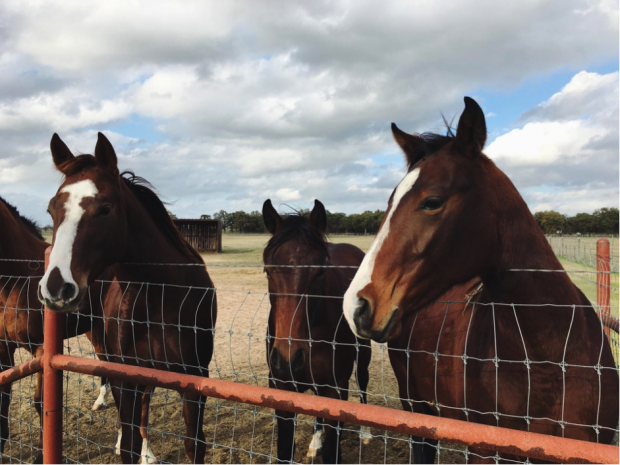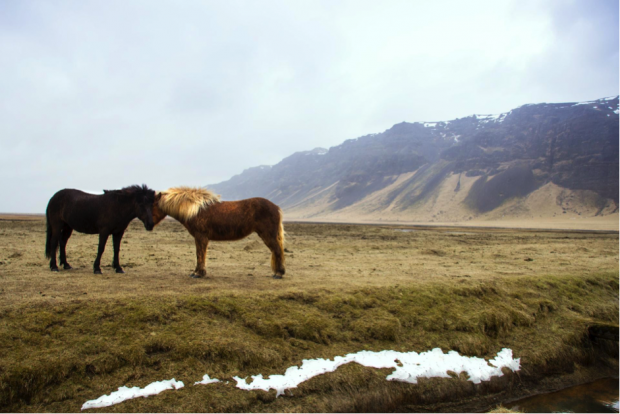Horse Care And Maintenance Tips From The Pros
Horse riding is one of the most incredible activities you can engage in; sometimes, it comes with owning a horse or two, which could be quite a task as you need to make sure that you cater well to this sturdy animal. When you own a horse, you need to take its care and maintenance more seriously not to affect the horse’s health and wellbeing.

Highlighted below are some of the care and maintenance tips ratified by pros that you could use for horse care.
Essential Body Care and Grooming
Experts offer that when you want to care for the external wellbeing of your horse, focus on two things–feeding and grooming. Although, they say that supplements are crucial requirements for horses and that you should add them to their diet to improve their overall wellbeing. Above all, it is vital that your horse has access to fresh water, fodder, and concentrates.
Grooming is also an essential care regimen for your horses; when you groom your horse, you will notice any health or body changes such as allergies, muscle tension, bug bites, and weight loss. When you groom your horse, you remove loose hair, dirt, and burrs, prevent it from sweating, catch changes in body part temperature, check its environment to know what is amiss. Grooming your horse helps both of you bond, but experts say it is good to groom your horse in broad daylight so you can notice the changes on its body.
Environmental Care
The most determining factor that can help your horse’s general wellbeing is the environment where you are breeding it; therefore, you need to be intentional about taking care of the stable and its surroundings. The pasture space and housing must be kept pristine; that way, it would not attract parasites that will infect the horses with the disease. Feed pans and containers should be closed to protect from rodents entering to contaminate the food; heated buckets or a water heater must be in the stables, while the water trough should be kept clean and filtered at intervals.
The environment where you will breed the horses must be as natural as possible; horses are comfortable in familiar places that look like they see when they go on riding exercise.
Rest, Exercise, and Workout Plans
Horses are social animals that like to roam around and interact with other horses. They should be allowed to move about but if you stall a horse because you do not have access to an extensive land area, provide him with socialization, enrichment opportunities, and daily turnout.
Exercising is also pertinent for the overall well-being of your horse. Experts recommend daily workouts to increase endurance and stamina, improve the health and functioning of the cardiovascular system, and facilitate proper bone and hoof development of a horse. It should include warm-up, stretching, the actual exercise, and the cool-down at the end to streamline the workout.

Nutritional and Health Requirements
As stated earlier, horses must always have access to fresh hay or grass to prevent them from having ulcers. Horses are prone to ulcers when they do not eat okay and healthy. Therefore you must add supplements to their fodders, grass, or hay meals; it helps to maintain their nutritional requirement. The best way to keep up with their nutritional requirement is by measuring their monthly weight or checking them during grooming to monitor their improvement and how you can improve on it.
Experts also recommend that we should balance the nutritional content of horses with their health requirements. When you feed them well, also protect them from illnesses, infection, and internal parasites through regular vaccinations and deworming. Here is where the veterinarian comes in; they are the ones that know the vaccine your horse should get as this strongly depends on its age, the amount it travels, as well as its current location.
Parasite Control
Parasites find comfort in areas where there are grasses and fodders, making it imperative to control and prevent worms and other internal parasites from the environment of your stable. The most commonly found parasites in horses are roundworms, botfly larvae, tapeworms, and small and large strongyles.
The potential health issues from parasites are tissue damage to the blood vessels, intestinal wall, and lungs from migrating larvae. Adult worms can cause intestinal obstruction and irritation for your horses. Hence, it would be best to keep your environment clean and fumigated at intervals and check your horse for body worms and lice.
When you follow these care and maintenance tips, and you would have one of the most vibrant stables filled with healthy horses.
